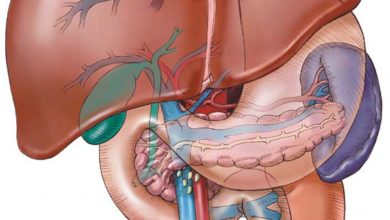The road to a successful medical residency in Canada
الكاتب: د. يزيد الوليعي
Ideally, one should have planned for this step early in his career, preferably during his medical school or internship. The process can be either smooth or complex depending on how one’s attitude and aptitude. What I am going to present here is based on my personal experience and some facts that I have gathered over the years, and, therefore, may not suit everyone. Official information can be found on the Saudi Cultural Bureau website (http://www.saudibureau.org).
Positions granted to externally funded residents vary from a program to another. In fact, some programs do not even consider any applicant. Priority is normally given to their own graduates and permanent residents of Canada who are accepted through the Canadian Resident Matching Service, CaRMS. Other programs have been accomadating Saudis for years and the numbers usually vary. It is important when applying to know which program has the highest chance of granting you an interview so as to modify your personal statement accordingly. In summary, neither the Saudi government nor the Canadian universities offer an interview or a position. Only program directors could!
The process starts with preparing a complete application package as explained on the Saudi Cultural Bureau website (SACB). For residency, you will need MBBS degree or a letter stating you are an intern, MCCEE report, updated CV, reference letters, personal statement, and proof of sponsorship. It is advisable that your complete application be at SACB before May. SACB will forward your application to the universities that have openings for your specialty. Sometimes, you may get a prearranged position either through an elective or a strong recommendation. In this case, the postgraduate office of the university willing to offer you an interview or position can request your application from SACB regardless of whether they have openings or not.
If you did well in your interviews, you may get a “residency offer” which is usually sent by the program director, sometime after November (usually November through January). You have to either accept or decline this offer. Once you accept it, the postgraduate office will guide you through the transition period.
This is just an overview of the overall process. Writing a proper personal statement and acing your interviews are important aspects of this whole journey.
Good luck to all,
*د. يزيد الوليعي، طبيب مقيم بعلم الامراض – كندا
twitter: @Yalwelaie




